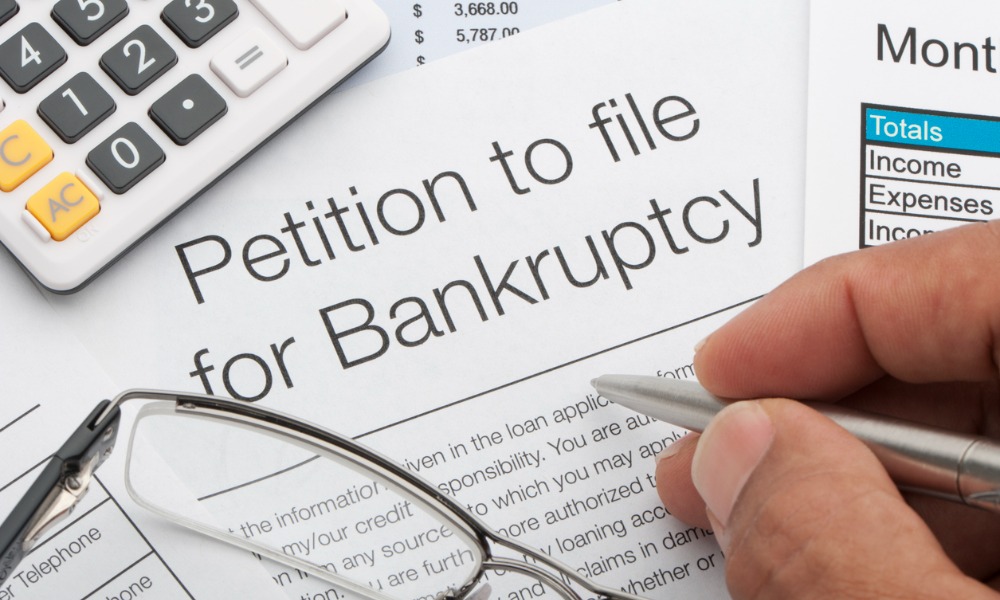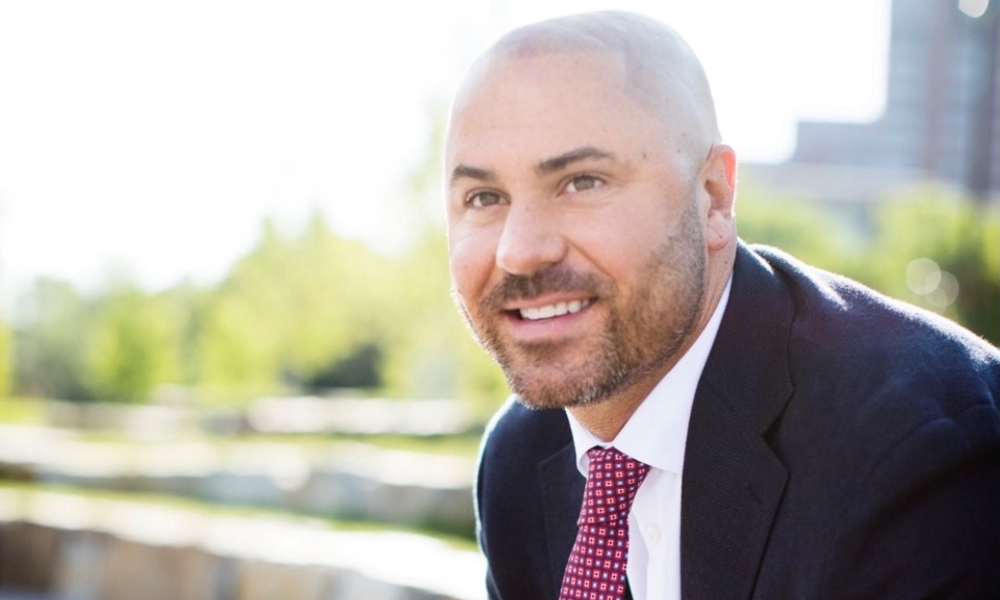Byju saw its business surge during the pandemic but as classrooms resumed, its cash pile shrank

The storied founder of Byju’s is losing control of his eponymous company after an Indian court pushed it into insolvency, a landmark ruling that may seal the fate of a startup that once symbolized India’s technology ambitions.
Entrepreneur and former billionaire Byju Raveendran now has few options left to try and salvage a company that ranked among the world’s most valuable internet startups at its peak. On Tuesday, the National Company Law Tribunal allowed bankruptcy proceedings to begin against the firm and installed an interim resolution professional to replace the founder following a petition from one of its creditors, the country’s powerful cricket governing body. The court also invited other creditors, Byju’s employees and vendors to file claims.
The ruling is the biggest single step yet toward an end for the short but high-profile existence of the online education provider once valued at $22 billion. Founded in 2015, Byju’s quickly gained fans and then saw its business surge during the Covid-19 pandemic, prompting Raveendran to expand abroad and making him a billionaire in the process. But as infections subsided and classrooms resumed, its cash pile shrank and the company ran into legal problems in the US as well as its domestic market.
“The fate of Byju’s is a great lesson for India’s startup economy,” said Vidhyashankar Sathyamurthi, technology policy fellow with think-tank The Pacific Forum and former executive director at Grant Thornton India. “It’s also a cautionary tale of investors’ greed and the ambitions of a founder.”
Raveendran’s firm, once a poster child for India’s burgeoning startup industry, is one of several once-lionized tech firms that have since been hit by financial or legal troubles. Paytm, the firm that popularized online finance across India, is struggling to address the fallout from an abrupt suspension of a key division by the central bank.
The plea brought by the Board of Control for Cricket in India — Byju’s used to sponsor the national team — is one of several bankruptcy cases Byju’s is fighting in India and abroad. The “existence of a debt and a default in the payment of debt is clearly established,” the companies court said in its decision, adding it found no reason to deny the petition filed by the cricket body. The cricket board says it is owed 1.59 billion rupees ($19 million) by Byju’s.
“This effectively means that founders and existing board of directors lose control of Byju’s,” said Satwinder Singh, managing partner at Aekom Legal. “The resolution professional will now be responsible for carrying out the operations of the company, and keep it as a going concern until the insolvency process is complete.”
Byju’s has the option to appeal the decision, and could halt the insolvency proceedings if it wins a so-called stay order. But for now, insolvency professionals described the likely road ahead: the appointed caretaker will reach out to Byju’s vendors and creditors, and will form a committee of creditors to determine a future course of action.
The committee could include holders of a $1.2 billion term loan, which a US unit of Byju’s defaulted on in a move that triggered a complicated legal case that resulted in the US arm’s bankruptcy.
Byju’s said on Tuesday that it is still hoping to settle with the cricket body and that it is confident it can do so. “In the meantime, our lawyers are reviewing the order and will take necessary steps to protect the company’s interests,” a spokesperson for Byju’s said in a statement.
In case Byju’s is able to settle its dues, the BCCI can withdraw its application. Or Byju’s can file an application to settle all its dues, which the committee of creditors have to approve with a minimum vote of 90 percent, according to Sumit Binani, an independent insolvency professional who isn’t involved in the Byju’s proceedings.
The possibility of a settlement is an open question given that Raveendran has been battling a cash crunch. Byju’s is essentially an online service and therefore its assets may not hold much tangible value, though its brand could attract buyers, Binani said.
Raveendran, whose ascent from tutor to the leader of a big business captivated a nation then enamored of charismatic tech entrepreneurs, has taken increasingly desperate measures in recent months to keep the business afloat.
Some board members have resigned and Raveendran has pledged his home as well as those owned by his family members to raise money for employee salaries. It also sold new stock at a discount of more than 90 percent from its previous funding round to raise capital. An Indian court, however, has barred it from using that money.
Major backer Prosus NV last month disclosed it had written down the value of its 9.6 percent stake in Byju’s to zero. Prosus was among investors attracted by the promise of a new style of education gaining users in the country of 1.4 billion people and abroad, along with Mark Zuckerberg’s Chan-Zuckerberg Initiative, Tiger Global Management and private equity giant Silver Lake Management.
Copyright Bloomberg News










